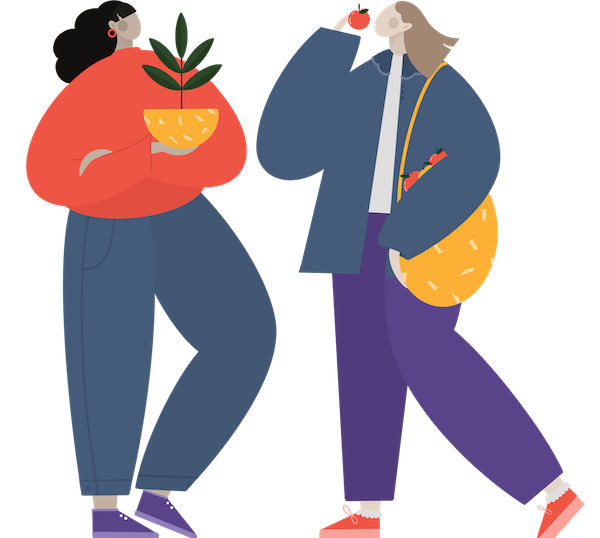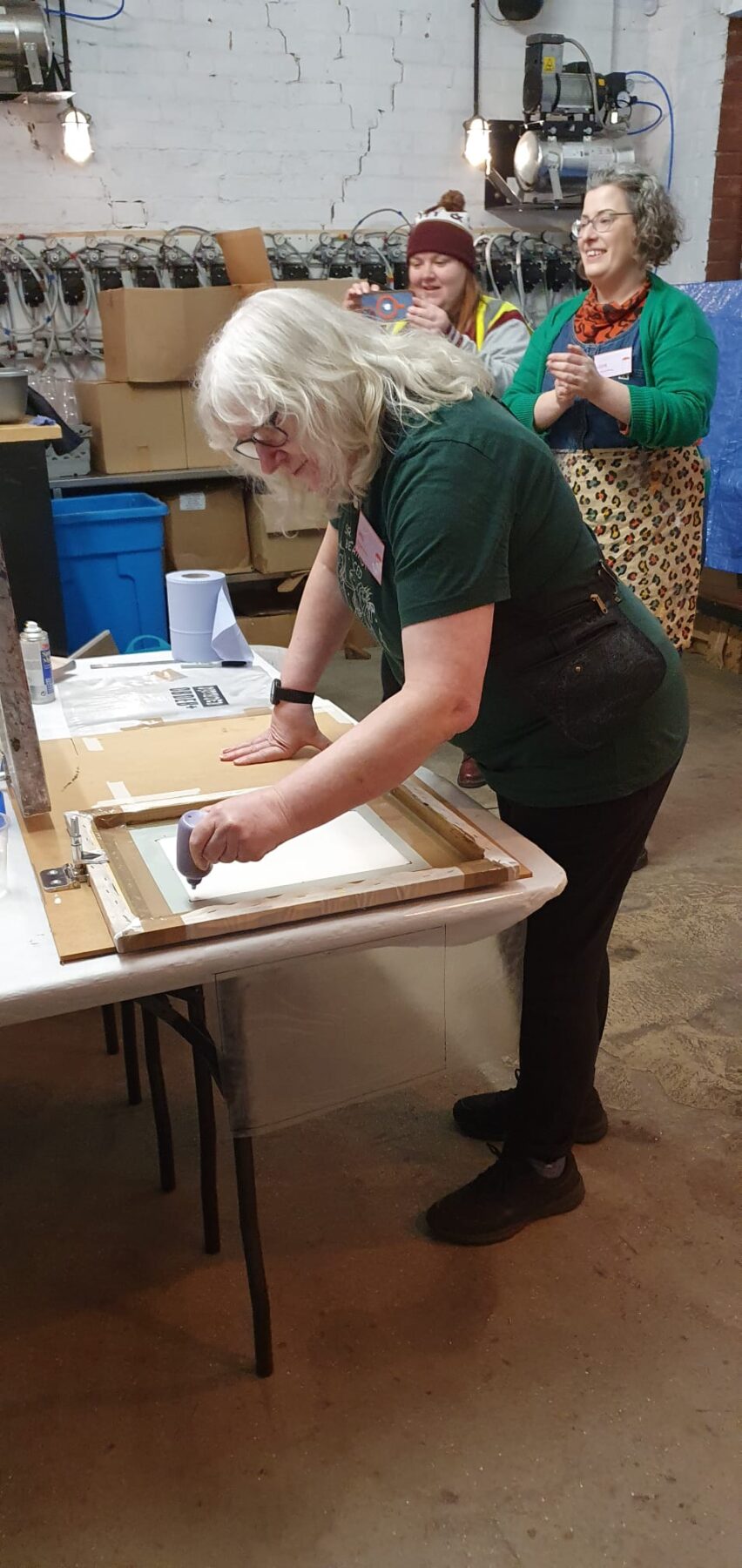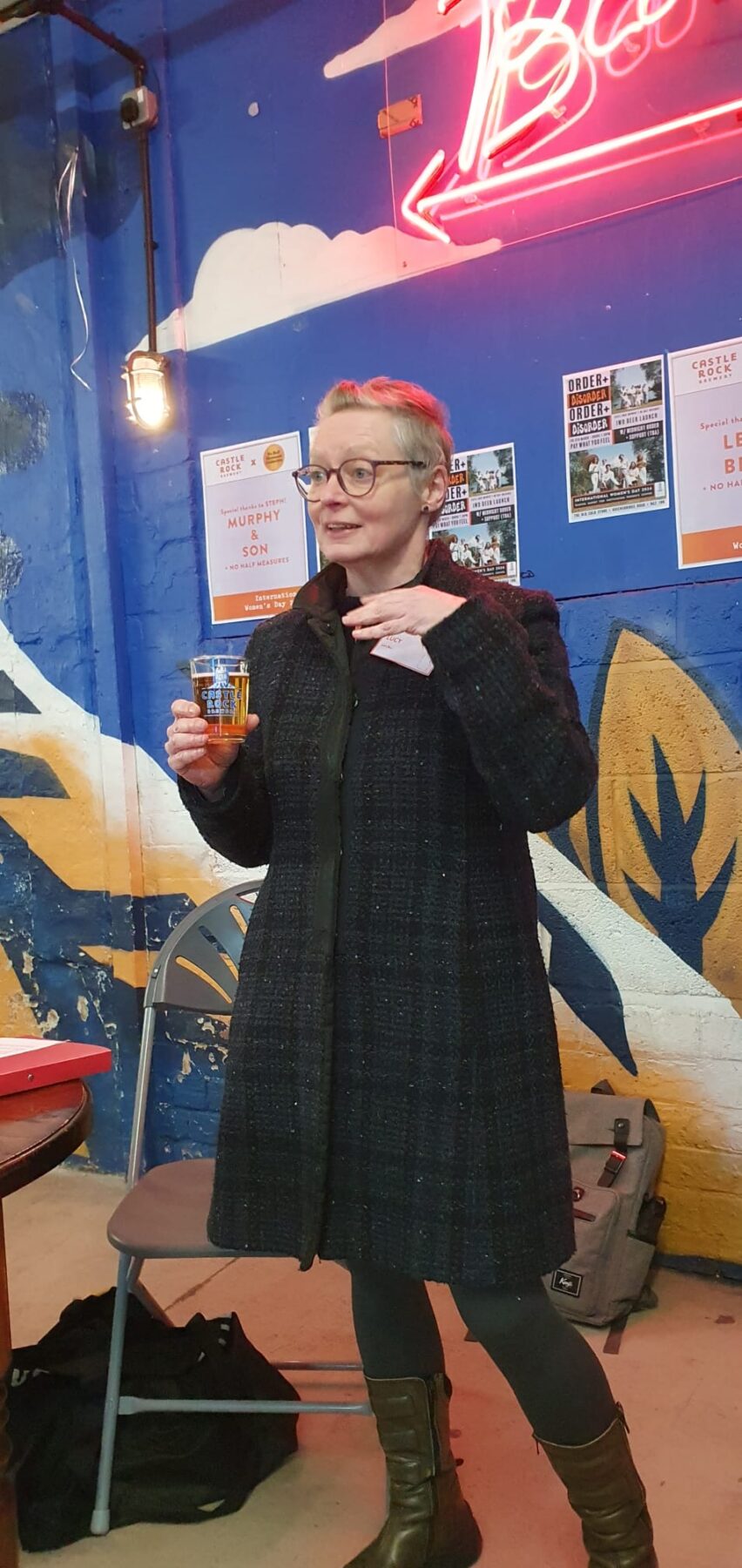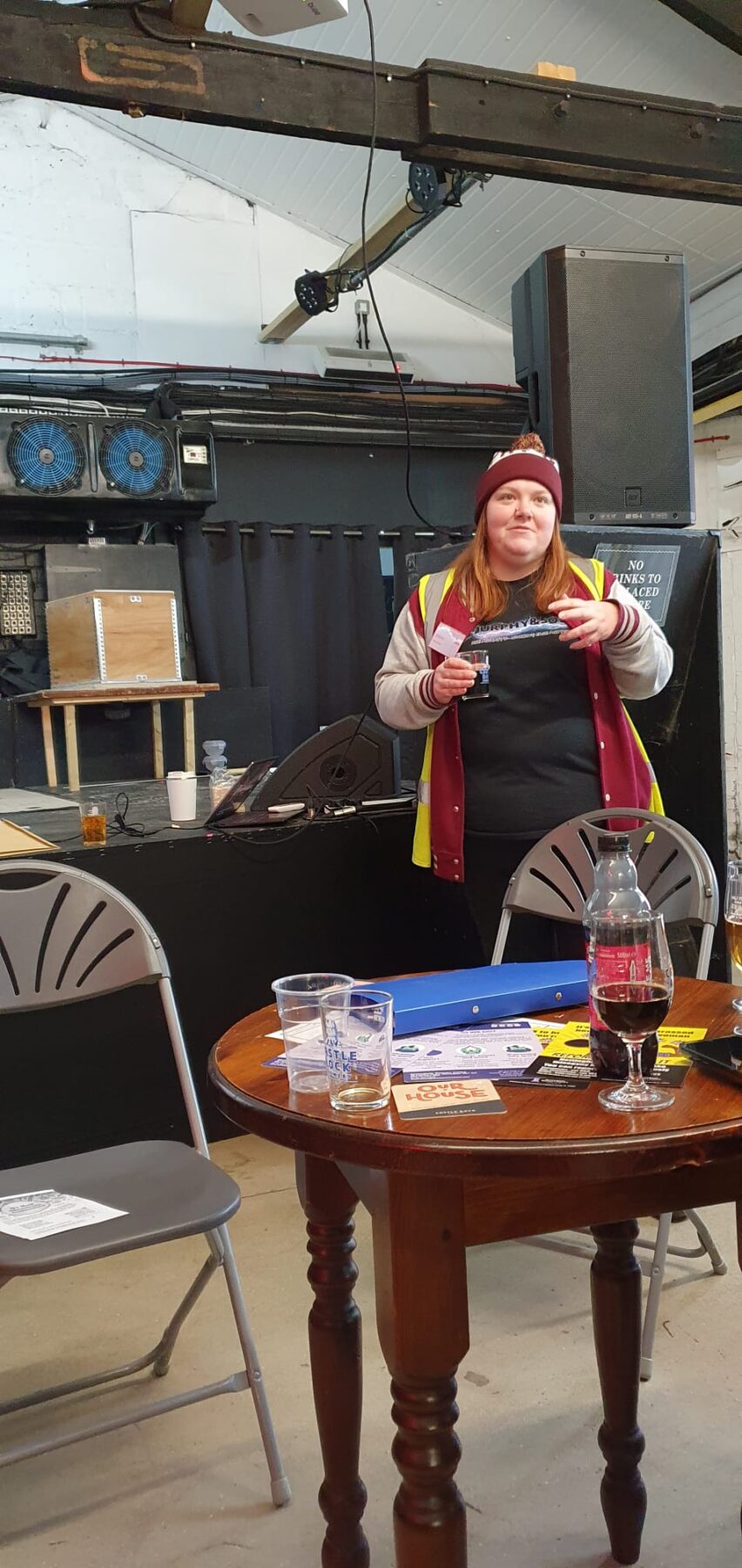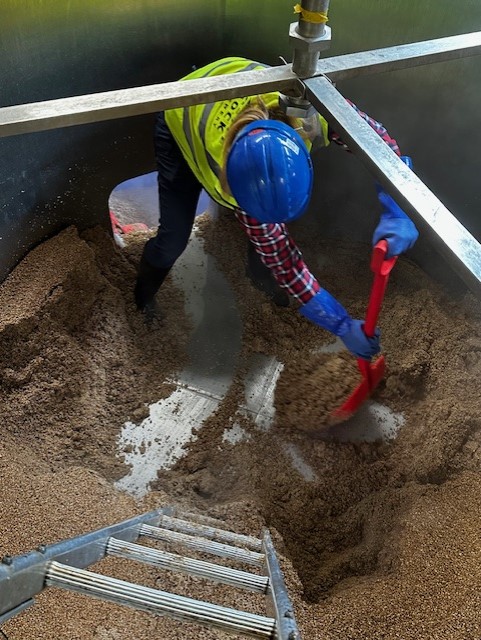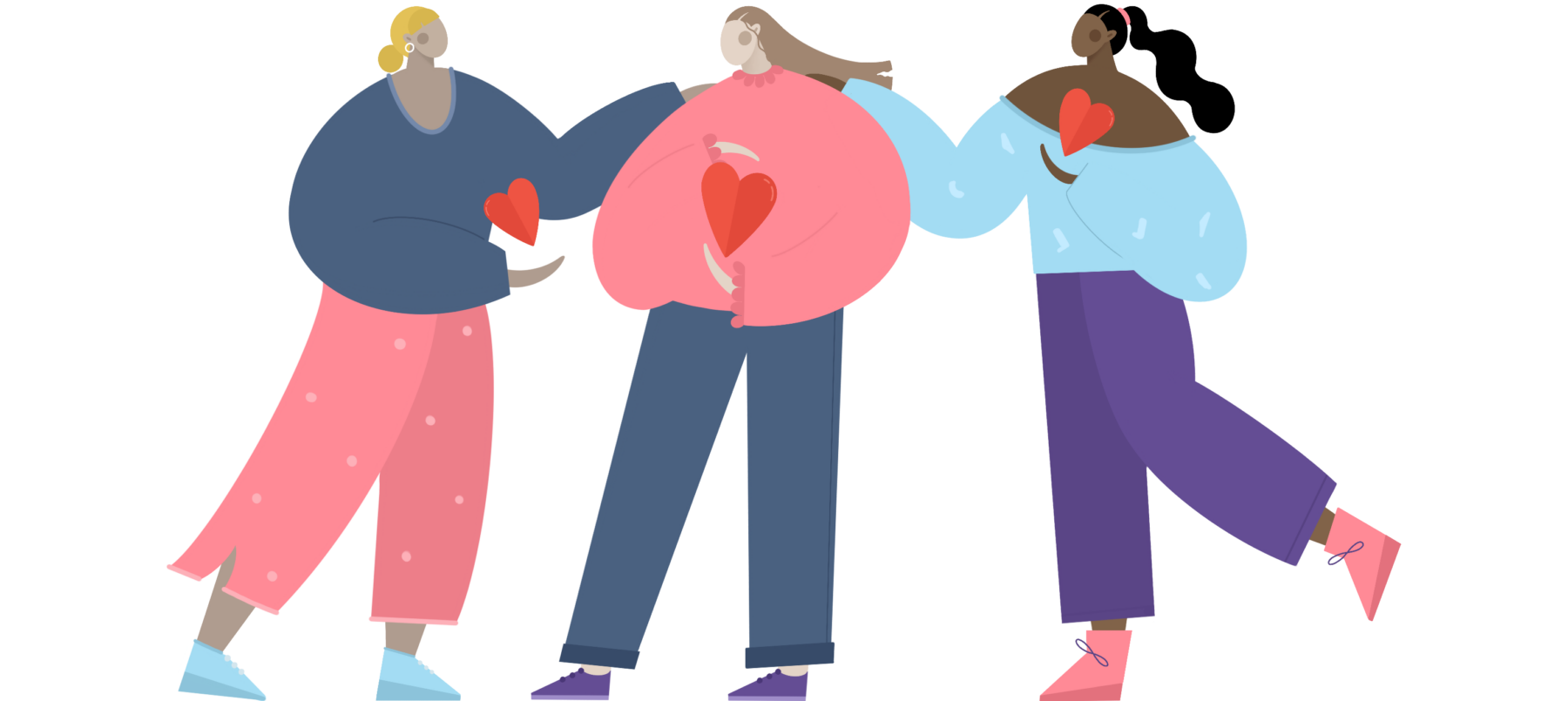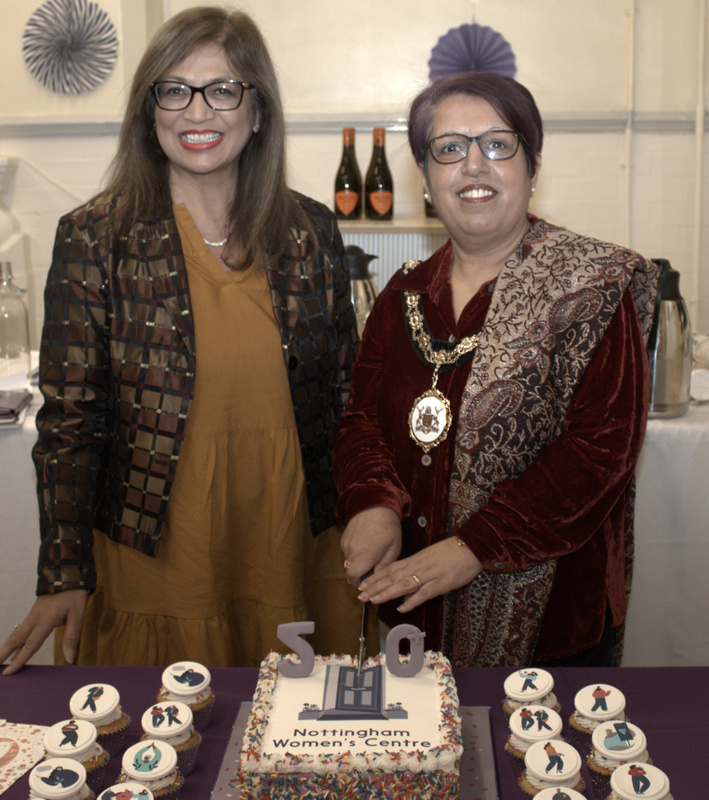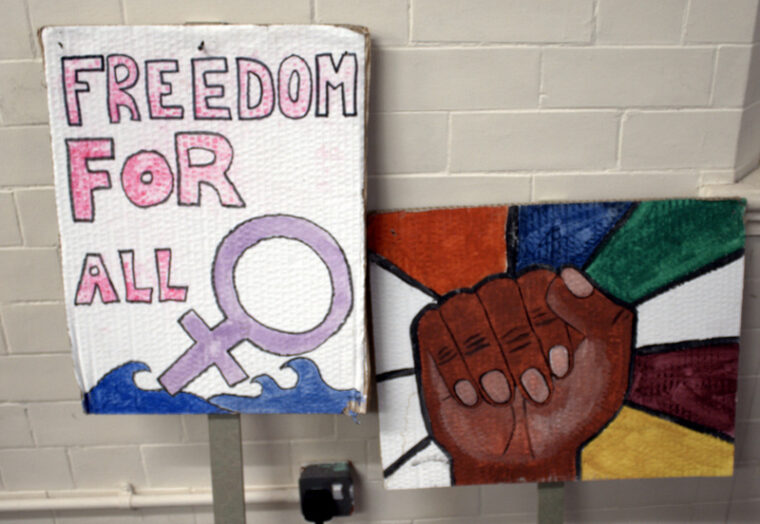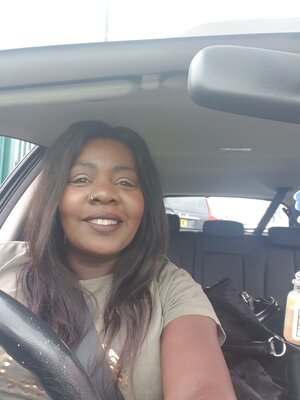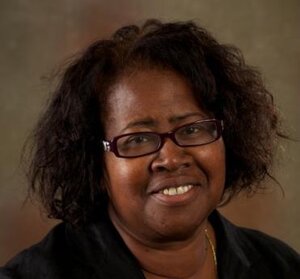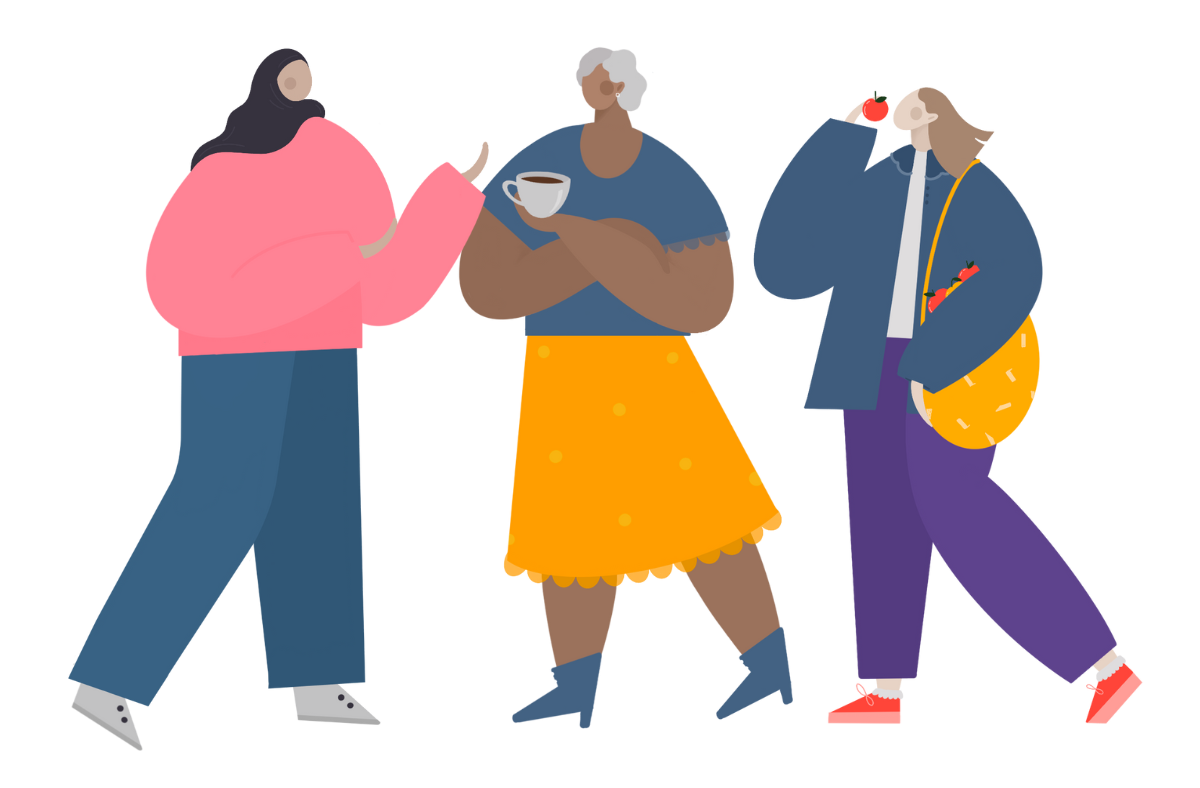
Our incredible volunteer Penny has written about her insightful experience attending the events we’ve hosted recently about politics in the UK.
Hands up if you find politics a confusing place to be?
Sometimes it feels like you need a degree in political science just to understand even a part of what’s happening at a national level, and that’s before taking into consideration local politics. There are so many questions, like how does an MP differ from a councillor?, who’s making all the decisions?, and how do we know who to vote for and when?, and the answers aren’t always that easy to find out online or in papers, which seem to rely on a level of understanding that many of us weren’t taught in any formal setting.
This year there’s a general election (when all the country votes to appoint a new government, and 650 MPs are to be elected), but did you know that there are some Nottinghamshire elections are happening this May?! In fact, the first ever elections for a Mayor of the East Midlands, and the Nottinghamshire Police and Crime Commissioner will take place on Thursday 2nd May.
An elected mayor should give the East Midlands a voice at a national level to make the case for much greater investment from both government and private sector.
The mayoral elections for the East Midlands and the Police Crime Commissioner (PPC) elections are happening in May, but the Nottinghamshire local councillor elections are not; that would be too easy! Taking all of this into consideration, it’s a real minefield. But with women making up over half of the electorate, it’s an important time for us to flex our voting muscles and help shape the future of the UK both on a local and national level.
That’s why Nottingham Women’s Centre has been arranging sessions to help all women understand the political system a little better: how to vote, why we should vote – especially as women – and what our vote could mean. There have also been sessions on what Parliament does; what the House of Commons is, and how it differs from the House of Lords.
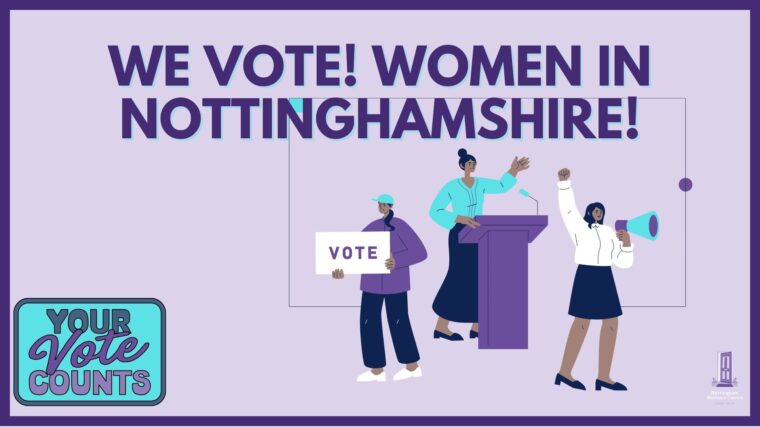
I’ve attended the past two sessions, the first – We Vote! Women in Nottinghamshire! being an introduction into voting, focusing on a woman’s right to vote. We also covered the basics of national politics, with quizzes and a question-and-answer session so we could learn even more about who is in power at a national level, and how our vote can change the future of the country. We also discussed our ability to vote – how to do it, what to bring to the polling centre and how to vote by post, which gives you a longer window of time to submit your polling card.
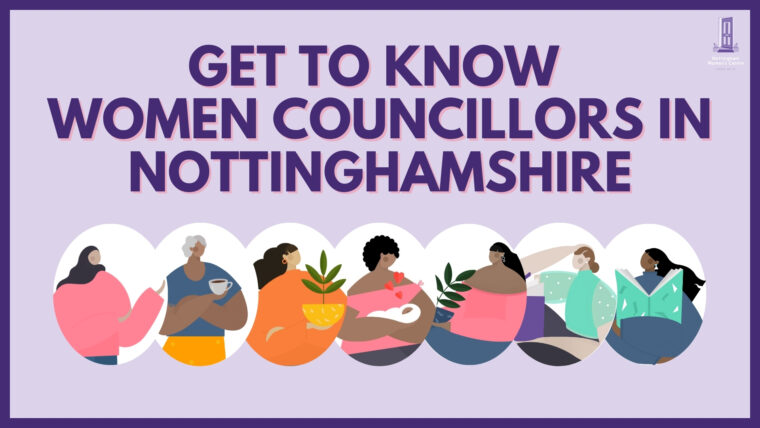
The second session, Get to Know Women Councillors in Nottinghamshire gave us the chance to sit in a room with some incredibly inspiring and passionate women. Women are incredible: we’re not perfect but we’re brave and strong and resilient, while also being caring and wise. Why wouldn’t we want more women in politics?
Although local women councillors from all the political parties were invited, each of the eight councillors who chose to attend were all Labour. Nottingham is historically a Red (Labour) city. All of the women councillors who attended brought their own stories to the event and shared with us how they came to stand for local council, what being a councillor means to them, and how they found being women in politics.

It turns out our Nottingham councillors are an inspiring bunch. For instance, Councillor Faith Gakanje-Ajala came to the UK as a political refugee from Zimbabwe, who fought in Zimbabwe’s liberation movement as a chimbwido (junior fighter). This has influenced her political life, allowing her to employ ‘guerilla strategies’ when seeking answers to political problems. Helen Kalsi is a working-class woman who came to politics after being disenfranchised by the lack of jobs in her area. After joining a strike, she realised that the political world was where she needed to be to create a better life for those around her, and for her children. Neghat Khan was the first British Pakistani woman to be elected councillor in Nottinghamshire and took on the role while also juggling being a young mum. Shuguftah Quddoos, currently suspended from the Labour Party for standing against the newly introduced budget cuts in the city, explained how she stood for the first time after the first UKIP member was elected. It was a long road to position for her, but she never quit and found her political voice through the first Women Into Political Leadership programme set up in memory of MP Jo Cox, who was murdered in a politically motivated attack in 2016.
All the councillors had the same thought in common as to why they entered political life: to make a positive change, despite everything. Councillor Georgia Power mentioned when she first got into politics, she felt like she shouldn’t be in the room as a young woman but reminded herself – and us – that men wouldn’t think like that, so why should she? Faith Gakanje-Ajala noted how as a Black African woman some thought she shouldn’t have a place at the table, ensuring that she stood her ground and demanded respect with her political acumen. Councillor Linda Woodings noted how people are reluctant to knock on doors when campaigning and how that is amplified as a woman, but explained how a desire to make positive change and shape the area you live in gives you the will to knock on those doors and speak to the people inside about the issues they face. With all this passion to invoke positive change how do they switch off? “My phone is always on for everyone, all the time” says Councillor Audrey Dinnall, “I want to be visible and accountable for my constituents, whenever and whatever.”
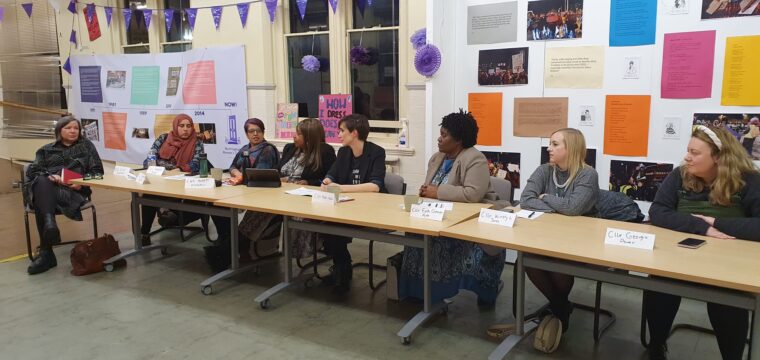
At the end of the night the collective councillors were asked if they ever felt they’d failed in their political endeavours. As Linda Woodings so aptly put it, “all the time, but that doesn’t mean we give up. We’ll never deliver everything to everyone, but we’ll do the best we can.” And there, to me, lies the crux of local councils: they may not be able to give everyone in the area exactly what they need, but they sure as hell will try their best to make their ward a fairer, more equitable place for all. As Shuguftah says “what matters to you, matters to me.”
If you missed the sessions and would like more info on how to vote and / or the voting process, then Nottingham Women’s Centre can help you: just pop in on any Tuesday before 16th April and get the support you need to register to vote, or register online!

